
"PAINFUL AND PERSONAL": Mona and her boyfriend have been trying to become parents for years before seeking help in Norway. But their dream brought them to St. Petersburg.
Photo: Christian Roth Christensen / TV
TV2, Norway, 19 Feb 2023 | Selma Joner | Sofie Prestegård | Christian Roth Christensen (photo) | Frank Lervik (photo) | Truls Aagedal (graphics) | Translation into English by Anna Svarinskaya
The link to the original in Norwegian at TV2 website:
www.tv2.no/nyheter/innenriks/mona-40-det-er-ikke-den-forste-reisen-du-tar/15457647/
While the entire West has turned its back on Russia because of war, many Norwegian women travel to St. Petersburg to become pregnant.
In December 2022, "Mona" is crossing the Estonian-Russian border on foot. She has all her papers in order, in Norwegian, English and Russian. She has her visa, and a private driver is waiting for her on the Russian side.
When the border guards understand the purpose of her travel, she is let through. Because she is far from being the first one who chooses to travel to Russia to fulfill her dream of a family.
Even after Russia invaded Ukraine almost a year ago - and even though the Ministry of Foreign Affairs (MFA) now advises against all travel there.
During the war year 2022, 72 Norwegian women and couples did as Mona did, and traveled to a fertility clinic in St. Petersburg, according to the clinic's own figures.
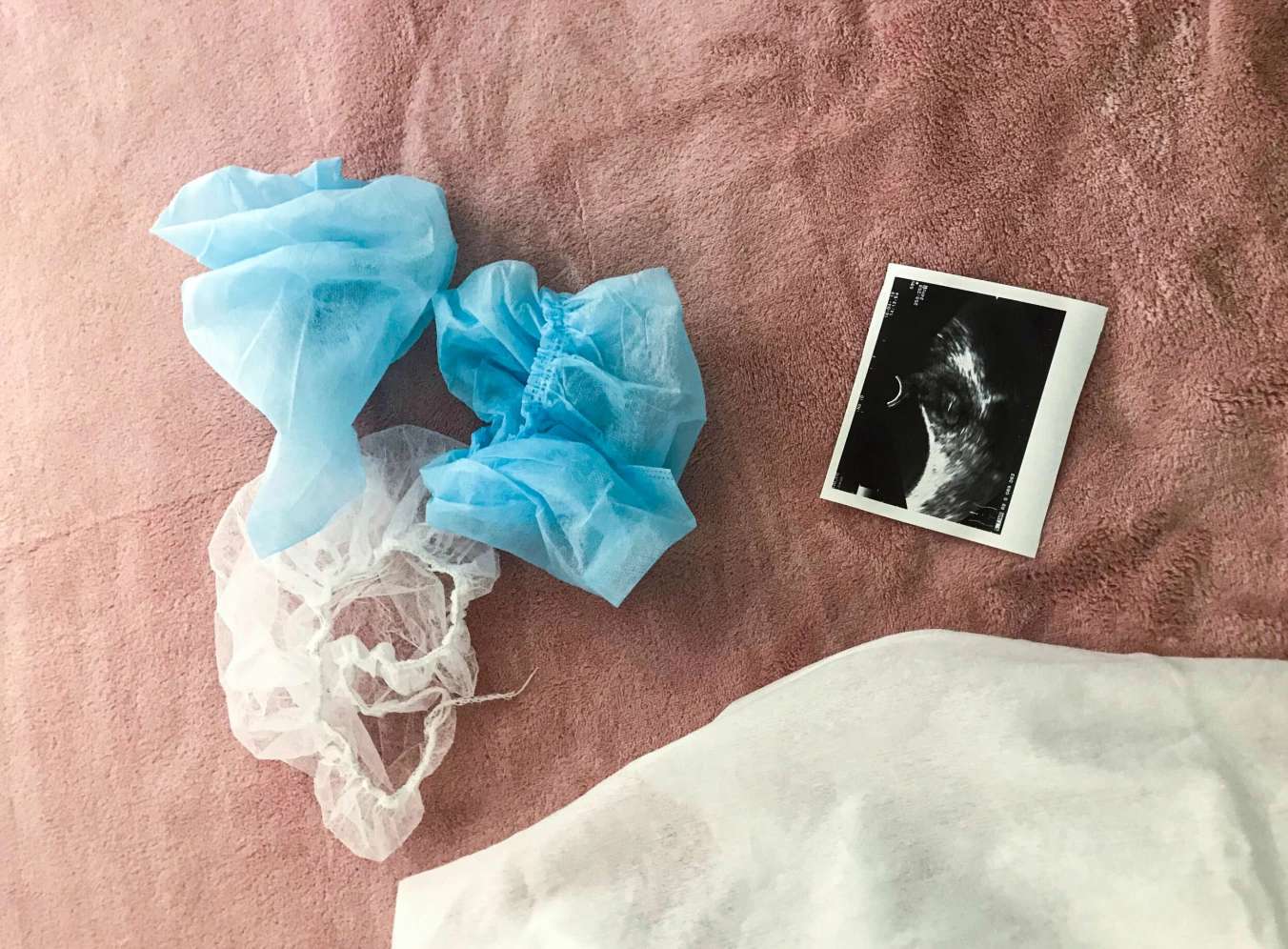
WAITING TIME: In December Mona crossed the Russian border to get fertility treatment.
Photo: Mona's private photo
When TV 2 gets in touch with Mona, it is eight weeks since she traveled to Russia and had her embryo transfer there.
- It is not a lucky situation. When you struggle to have children, this journey is not the first you take, she says.
Mona is not her real name, but for her sake and for the child she is carrying now, here we will call her Mona.
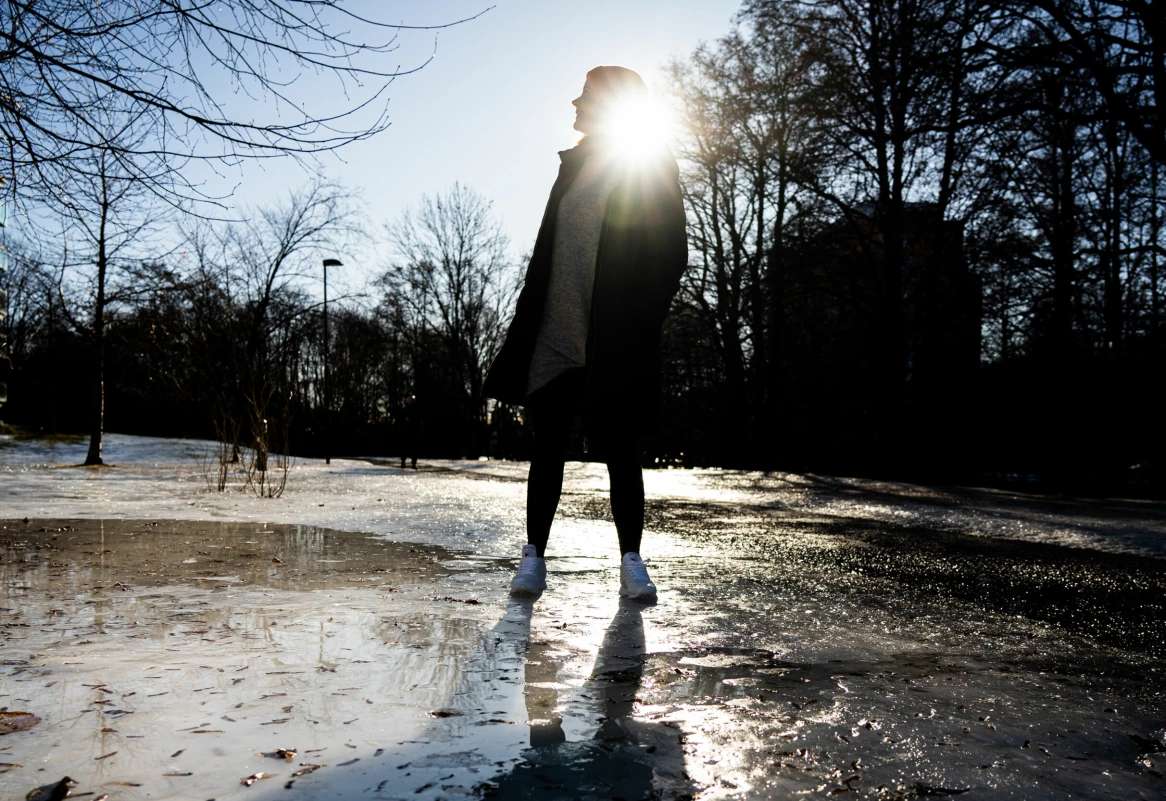
- A country at war
Traveling to Russia after the invasion of Ukraine on February 24, 2022, is far from easy.
Already three days after the outbreak of the war, the Foreign Ministry advised against travel to Russia.
- Russia is a country at war. It is still an unclear situation that can rapidly take a turn for the worse. It is difficult to travel both in and out of the country. There is a shortage of both cash and goods, says the communications adviser in the Ministry of Foreign Affairs, Ane Haavardsdatter Lunde.
There are no direct flights there anymore. The airspace is closed to Norwegian aircraft. Visa and Mastercard cards no longer work in the country unless you have received them from a Russian bank.
The West has responded to Russia's war aggression with a comprehensive economic boycott.
But in the shadow of the major political conflict, the dream of children has driven Norwegians to try everything — even in the country we have turned our backs on.
«Baby guarantee»
Mona and her boyfriend tried to have children on their own for a long time.
- Age is starting to catch up on you, and you don't have much time, she says.
When that didn't work, the road led them to the public system in Norway and they went through four unsuccessful IVF attempts. IVF is a method of fertilizing an egg outside the body, and then reinserting it.
- We were told that it was simply not possible for us to get pregnant. Not even a tiny chance, it was just a matter of giving up, says Mona.
They wanted to give it another try and chose egg donation.
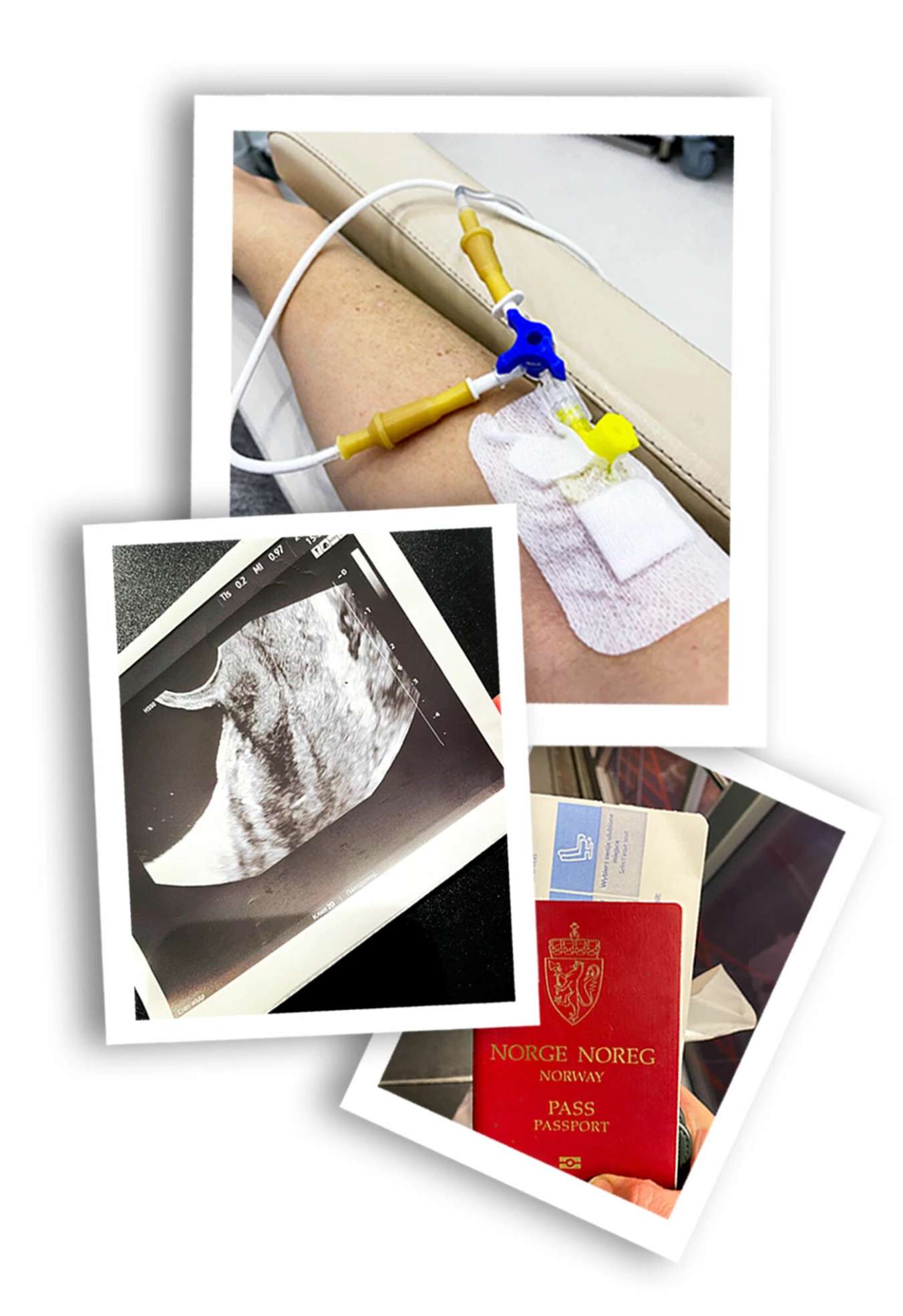
"MANY FAILURES": Four failed attempts with IVF in Norway, and a number of trips to Russia were needed to fulfill the baby's dream.
Photo: Mona's private photos
- When you want children so passionately, you probably get a little, I wouldn't say damaged, but you do very, very much to make it happen, says Mona.
She was done with what she experienced as the assembly line method in the public Norwegian healthcare system and wanted to get help somewhere with other methods and individually tailored treatment.
- It is so painful and personal, and there are so many defeats.
Mona googled her way to the Russian Fertility clinic O.L.G.A. in St. Petersburg. O.L.G.A. stands for "Offers livebirth guarantee assurance" and precisely offers a "baby guarantee".
A baby is born alive, or you get your money back.
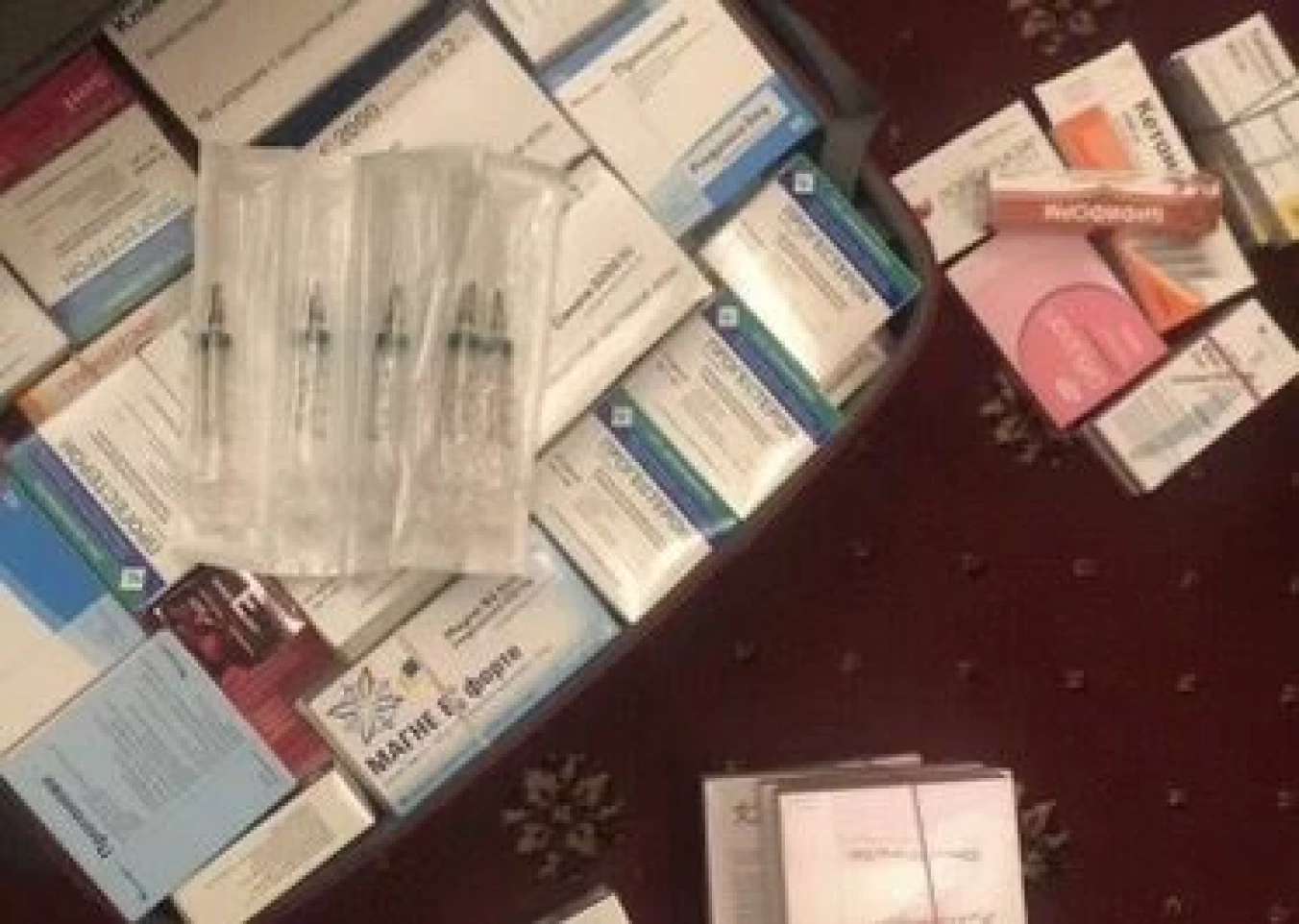
HORMONES AND VITAMINS: The suitcase full of zinc, magnesium, folic acid, vitamin D, hormones and injections - Mona was under a rigorous medication regimen.
Photo: Mona's private photo
Over 100 treatments last year
Dr. Olga Zaytseff is the woman behind the clinic.
At the end of January this year, curious Norwegians could meet her in person at the seminar in the House of Literature (Litteraturhuset) in Oslo.
In 2018 TV 2 already wrote about Dr Zaytseff's seminars in Norway. For a number of years, Norwegian women and couples have been attending her seminars and "family gatherings" at the House of Literature. Both Norwegians who have been treated at the clinic and those who are considering treatment come to these meetings.
Two pandemic years slowed travel activity to a certain degree, but Norwegians are still interested in Russian fertility assistance.
According to the clinic's figures, 72 Norwegians completed 115 treatments there last year. Half of them were having egg and embryo donation fertility treatments with Russian egg donors.
- The patients who come to us have already tried all other options, says Dr. Zaytseff to TV 2 via Skype from St. Petersburg.
She explains:
- They are ready to go to the end of the world to fulfill their dream of a baby. They are not being naive about Russia, but they choose the O.L.G.A. clinic because it is their last hope.
Age limit of 50 years old
The clinic offers a number of treatments that are not possible in Norway, such as double donation, genetic testing of embryos (PGT-A) and embryo donation.
While the upper age limit for fertility treatment in Norway is 46, it is 50 at the O.L.G.A. clinic.
In the Norwegian professional community, the trips to the O.L.G.A. clinic are met with scepticism. Among others there is an opinion from the senior doctor Camilla Kleveland, who works in the fertility section at St. Olav's hospital in Trondheim, and she encourages patients to consider other options.
- I think it is quite "risky" for them to travel there, says Kleveland, and explains:
- It is unfortunate to travel to Russia as the situation is now. If you want treatment in countries other than Norway for one reason or another, there are other good alternatives in Europe.
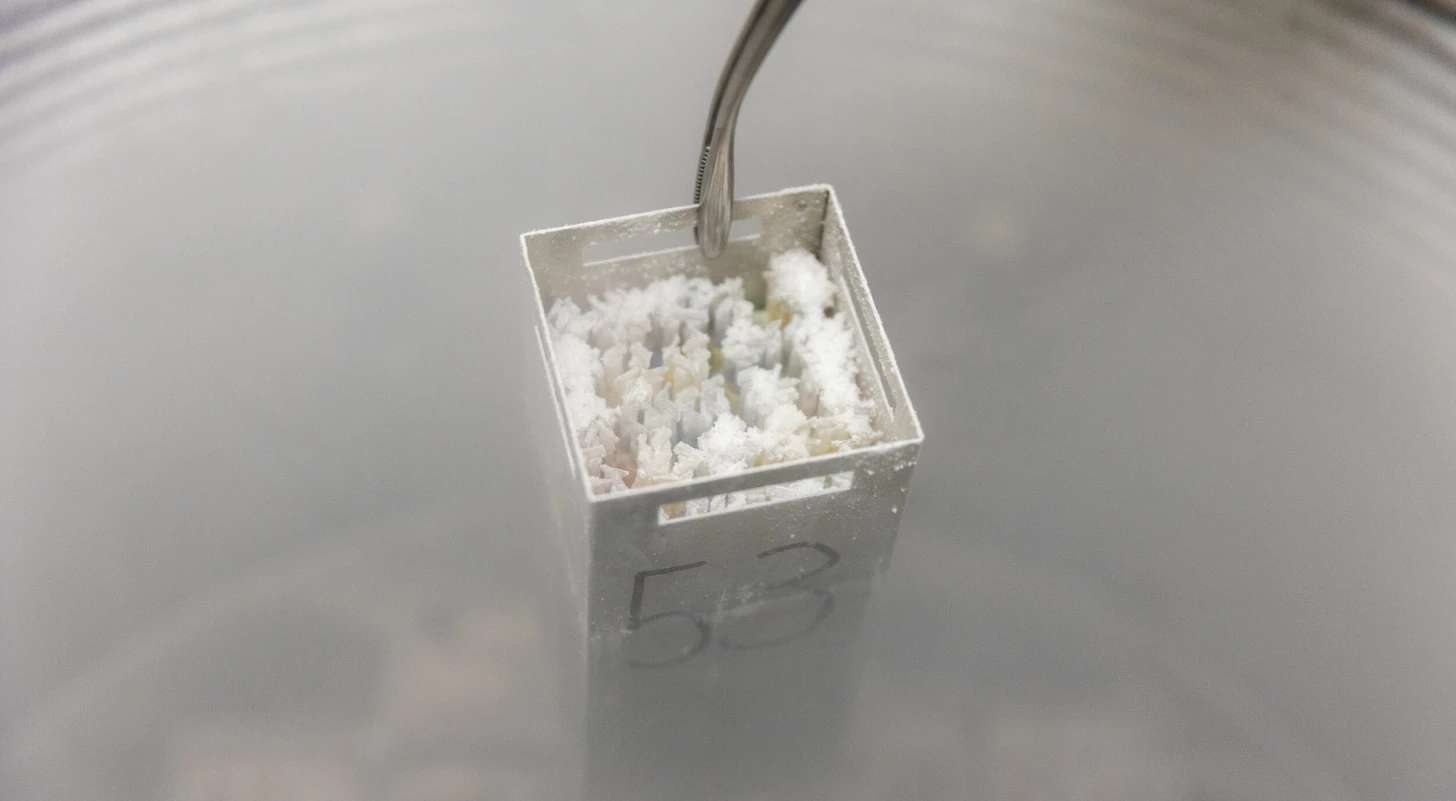
What is IVF treatment?
These methods of assisted fertilization are approved in Norway:
- Insemination: Sperm from either the woman's partner or a sperm donor is introduced into the uterus.
- In vitro fertilization (IVF): An egg cell from either the female partner or an egg donor is added to a dish with thousands of sperm cells from either the male partner or sperm donor. Fertilization occurs when one of the sperm cells finds its way into the egg cell. Norwegian clinics offer IVF both with own eggs and donor eggs.
- IVF with microinjection: With microinjection, a sperm cell is injected directly into an egg cell in the laboratory. This method is used when the cause is poor sperm quality.
- Donation of eggs or sperm are also methods associated with assisted fertilization. Since 1 January 2021, egg donation has become legal in Norway. An egg donor must be above 25 and not older than 35. In IVF, it is not permitted to use both donor eggs and donor sperm (called double donation).
- In 2020 (which are the most recent figures available), 2,872 children were born as a result of assisted fertilization treatment in Norway. 1103 of them were born as a result of IVF treatment.
Source: Statutory data, Directorate of Health, Biotechnology Council
The O.L.G.A. clinic states that in 2021 they had around 1,300 international patients, while during the first year of the war it ended up with just under 1,000.
The clinic has been giving Norwegians advice on how to cross the border after the war started.
- We at the clinic apply to the Russian Ministry of Internal Affairs for a medical visa for the patient, says Dr. Zaytseff.
The visa lasts for one year and gives the opportunity to travel back and forth unlimitedly, she explains.
While during the corona pandemic, she arranged a charter plane with 50 seats from Stockholm to St. Petersburg and back, now the advice is to fly to Tallinn or Helsinki and then take a bus to St. Petersburg.
- A special experience
Mona chose to fly to Tallinn and take the clinic's offer of a private driver. First from the airport to the border, and then with a new driver from the border to the hotel in St. Petersburg.
Traveling to a country which is conducting an invasion on the European continent was not an easy decision.
- I have to be honest and say that it is a special experience — that in 2022 you cross the border on foot, says Mona.
She explains that showing the medical visa was seen as a "quick fix". It was clear that the border guards were well acquainted with the O.L.G.A. clinic from before.
- I felt that the journey over there was safe, even though the Ministry of Foreign Affairs advises against traveling there.
We were in a constant dialogue with the clinic throughout the journey.
"Luxurious, beautiful, and clean"
On December 22nd last year, in what Mona describes as a "luxurious, beautiful and clean clinic" in the middle of St. Petersburg, she had her embryo created with her own egg and her boyfriend's sperm transferred into her uterus.
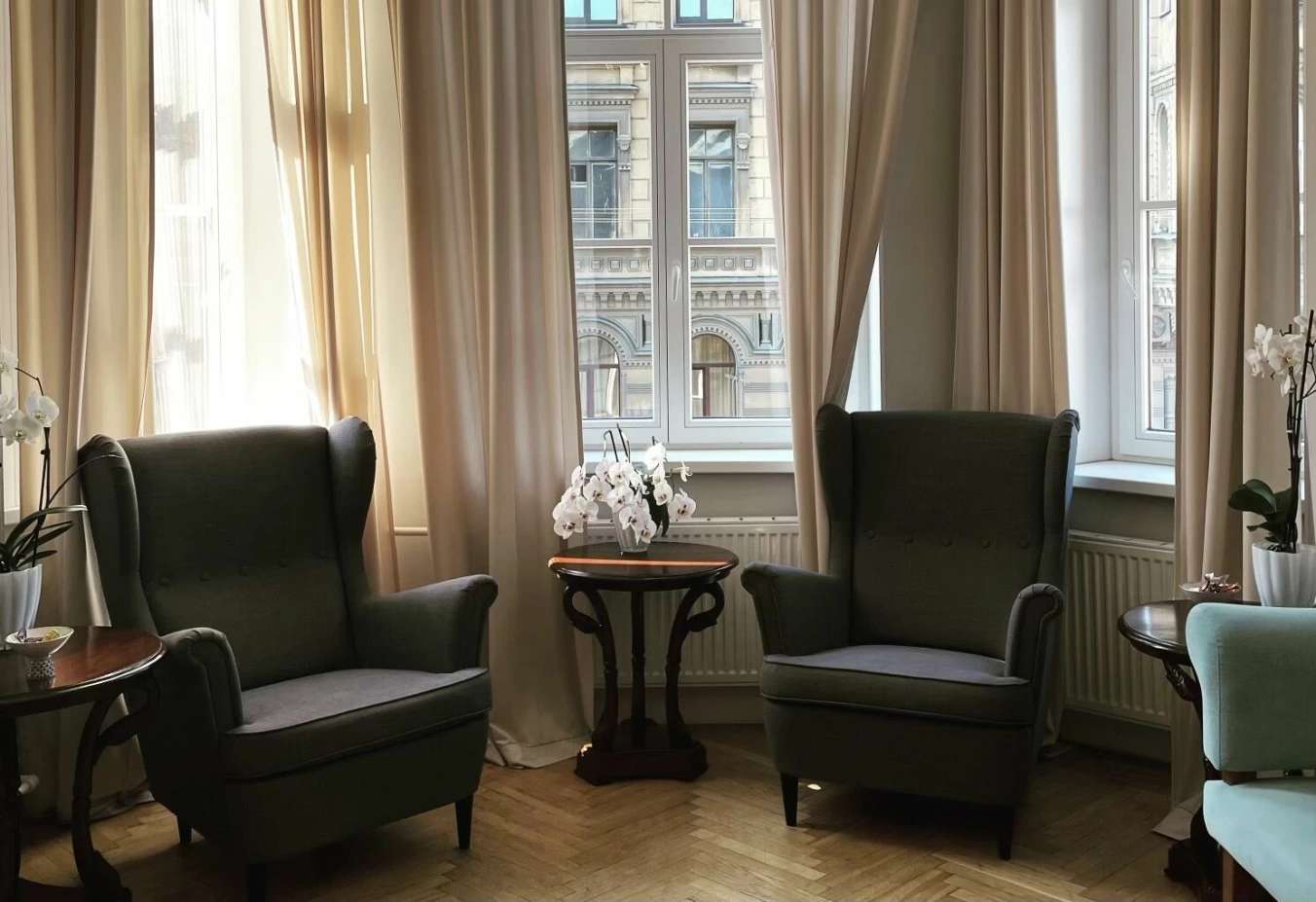
"THE LIBRARY": Patients from all over the world with the same wish meet in the clinic's waiting room, which is called the library.
Photo: Mona's private photo
A few months earlier she was at the clinic for a hysteroscopy: an examination of the uterus; and an egg retrieval.
It was the clinic that suggested that they should try with their own eggs first, despite the fact that Mona had been told before that it would never work.
If two attempts did not work, the couple would try egg donation treatment. Mona couldn't take in any more hormones and egg retrievals.
But there was no need for that.
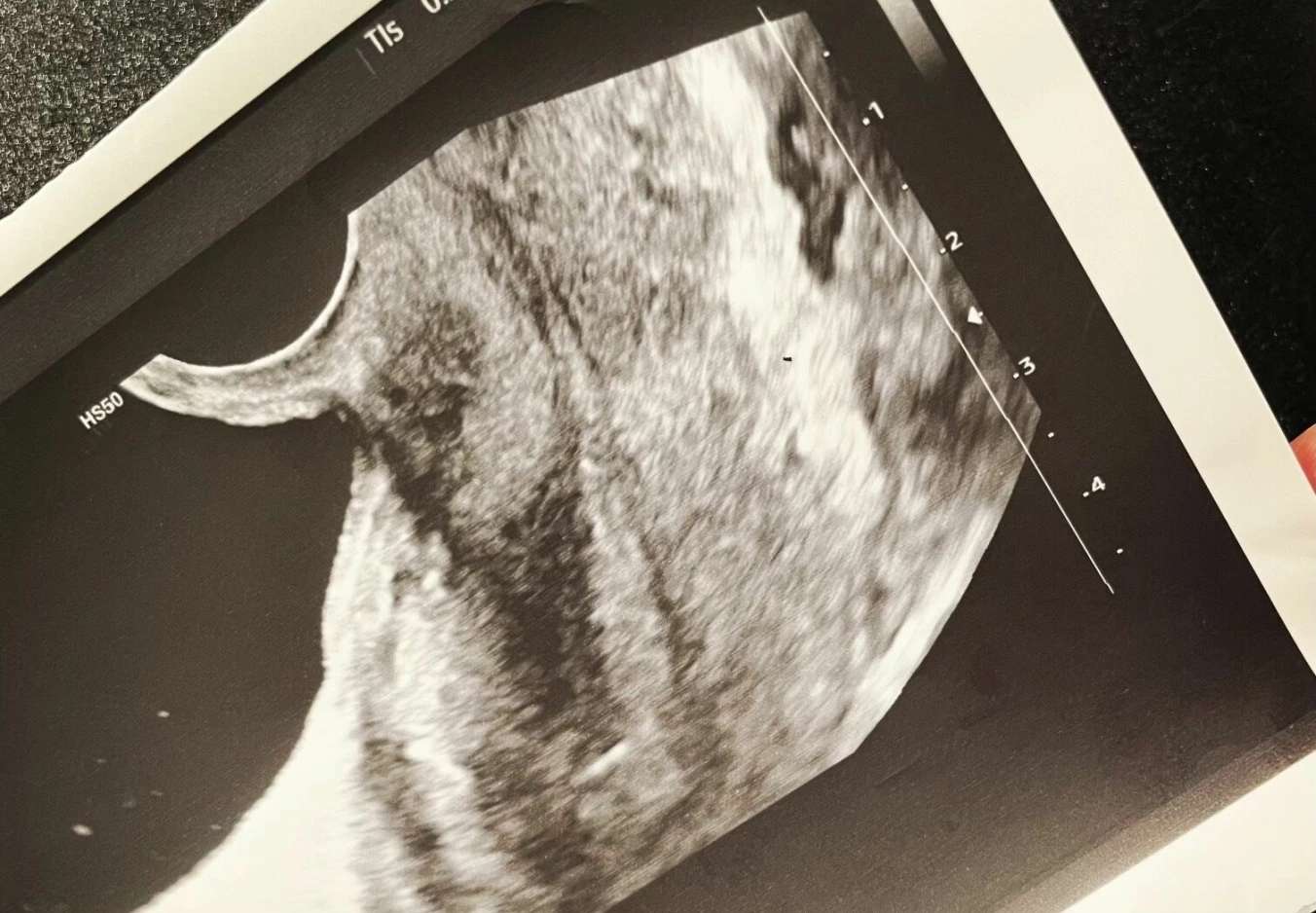
THE HOPE: At this point, the hope was that the fertilized egg would attach and develop further into a fetus.
Photo: Mona's private photo
Today she is 12 weeks pregnant with her second child. Her first child was born also with the help of the O.L.G.A. clinic.
- It is a happy story. We weren't supposed to make it happen in the first place, and now we might eventually have two children, says Mona.
Halved turnover
For Dr. Zaytseff's clinic, the war has resulted in halving the turnover. The main reason why she has not closed the clinic is her 80 employees, she explains.
She understands that many potential patients are having trouble traveling to Russia now.
- If they don't want it, it will now be possible to travel somewhere else where it is morally, ethically and mentally acceptable for them to go.
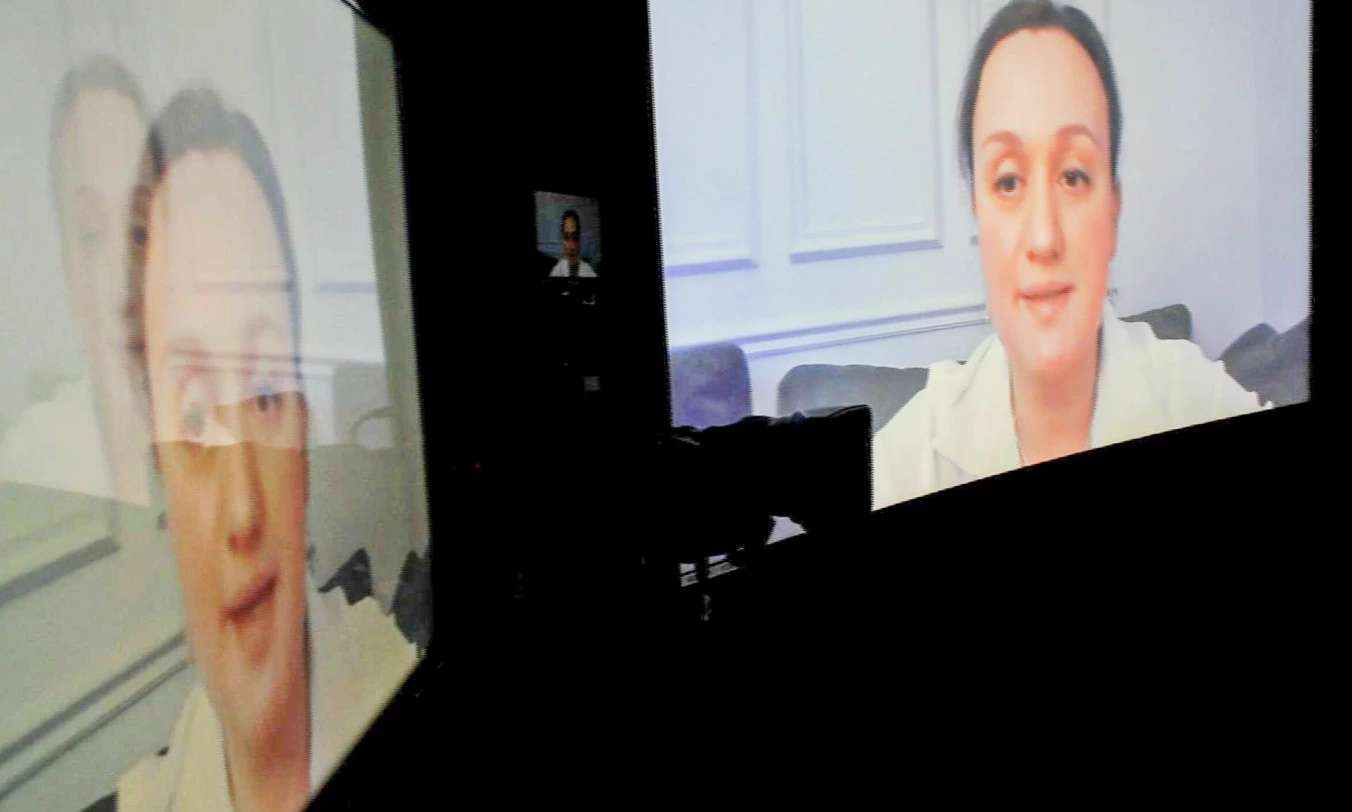
CROSSING OWN BORDERS: According to Dr. Olga Zaytseff, a number of patients have asked her to open a new clinic in a country other than Russia.
Photo: Bjørn Roger Brevik / TV 2
In April, Dr. Zaytseff opens a new O.L.G.A. clinic in Cyprus. Russian donor eggs are to be sent frozen to the sunny holiday island, known for its close ties with Russia.
- Half of Europe does not allow genetic testing of fertilized eggs, another half does not allow egg donation or embryo donation. So, we were left with four possible choices, and decided to try Cyprus, says Dr. Zaytseff.
In Cyprus, egg and sperm donation is still anonymous. There it will not be possible for the child to contact the donor as an adult.
- Those who want treatment with open donors must still choose St. Petersburg, says Dr. Zaytseff.
The link to the original in Norwegian at TV2 website:
www.tv2.no/nyheter/innenriks/mona-40-det-er-ikke-den-forste-reisen-du-tar/15457647/


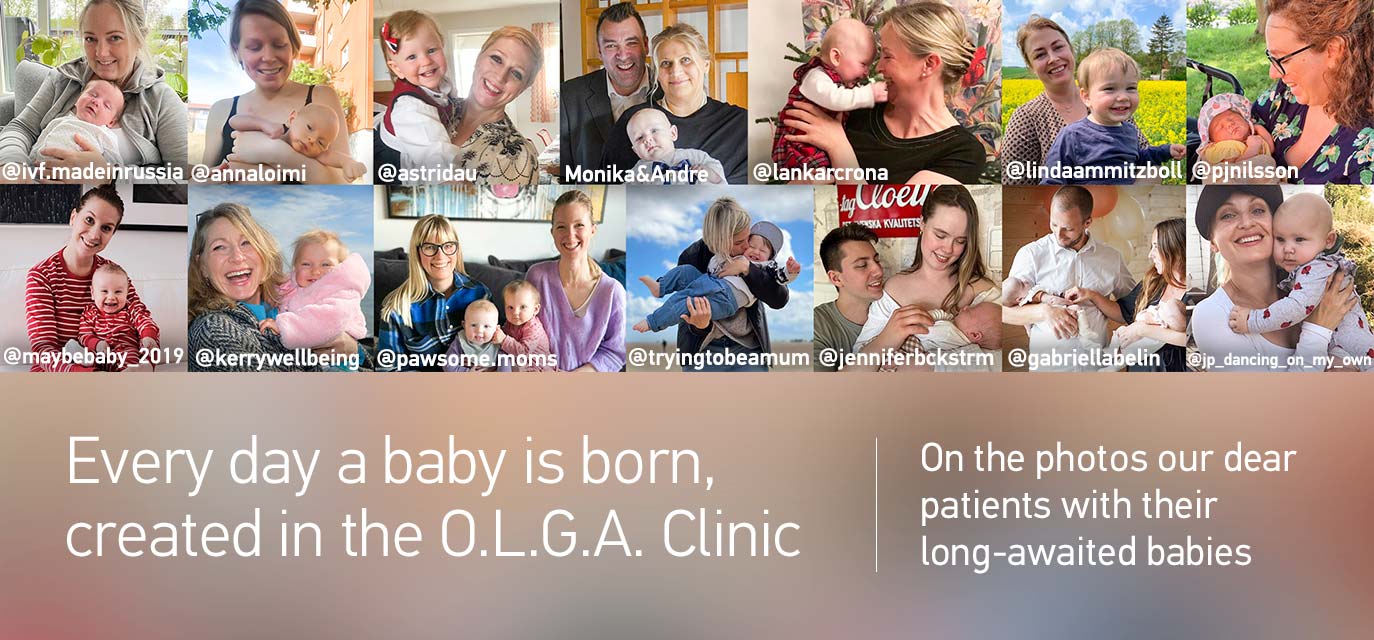

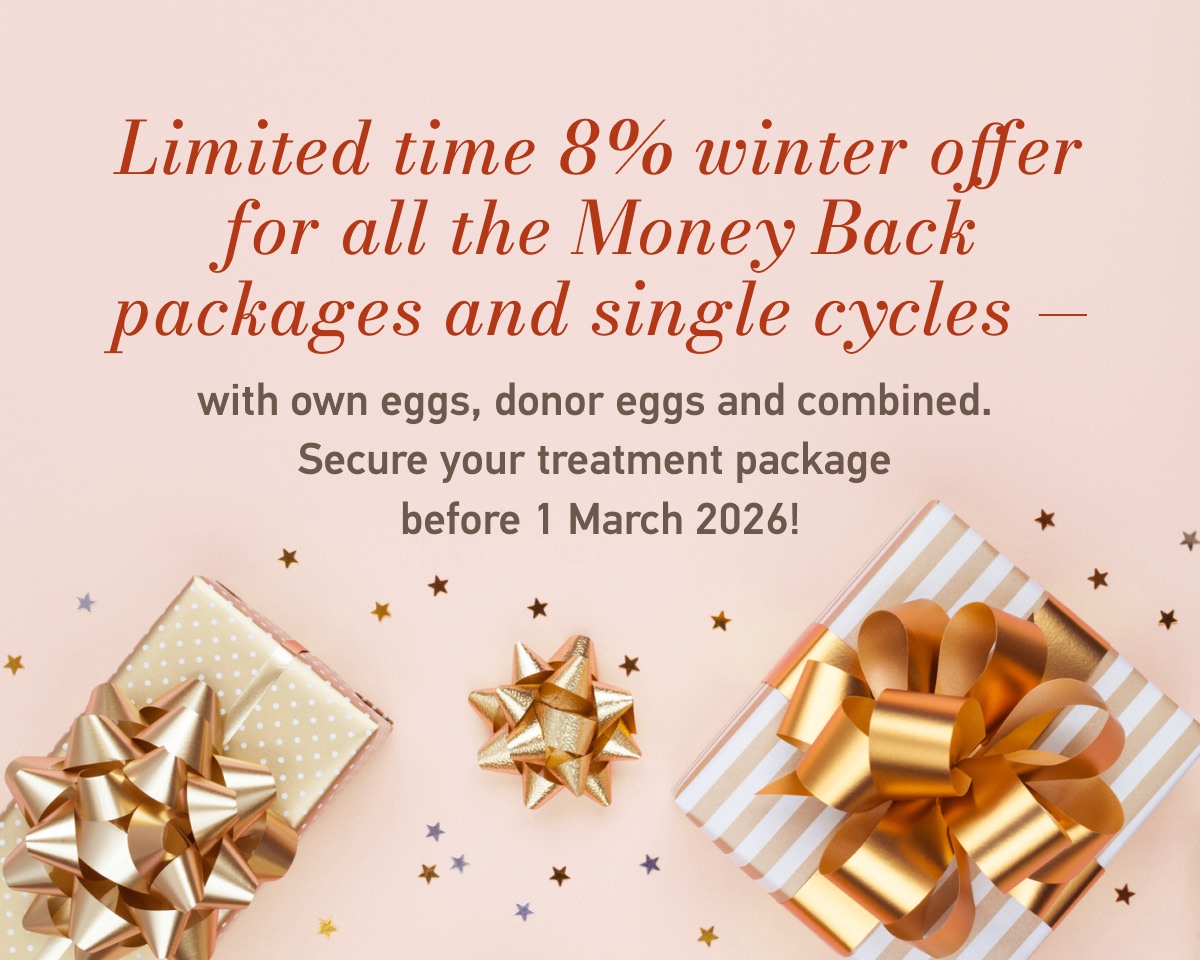
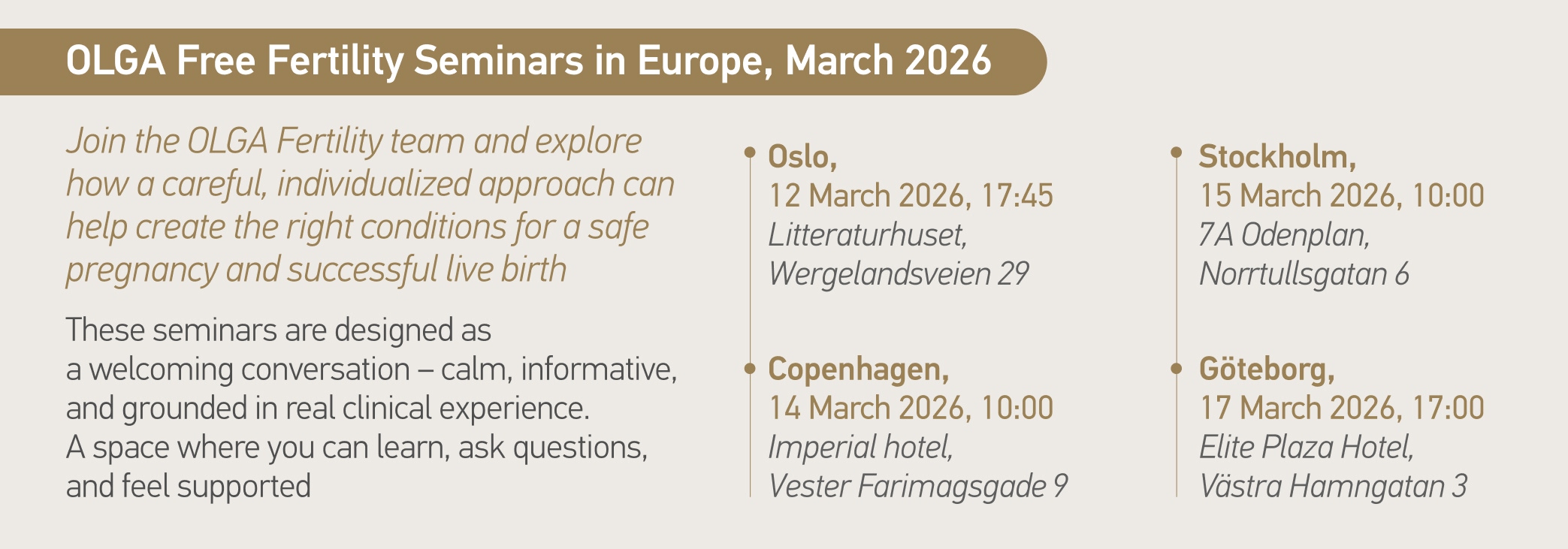
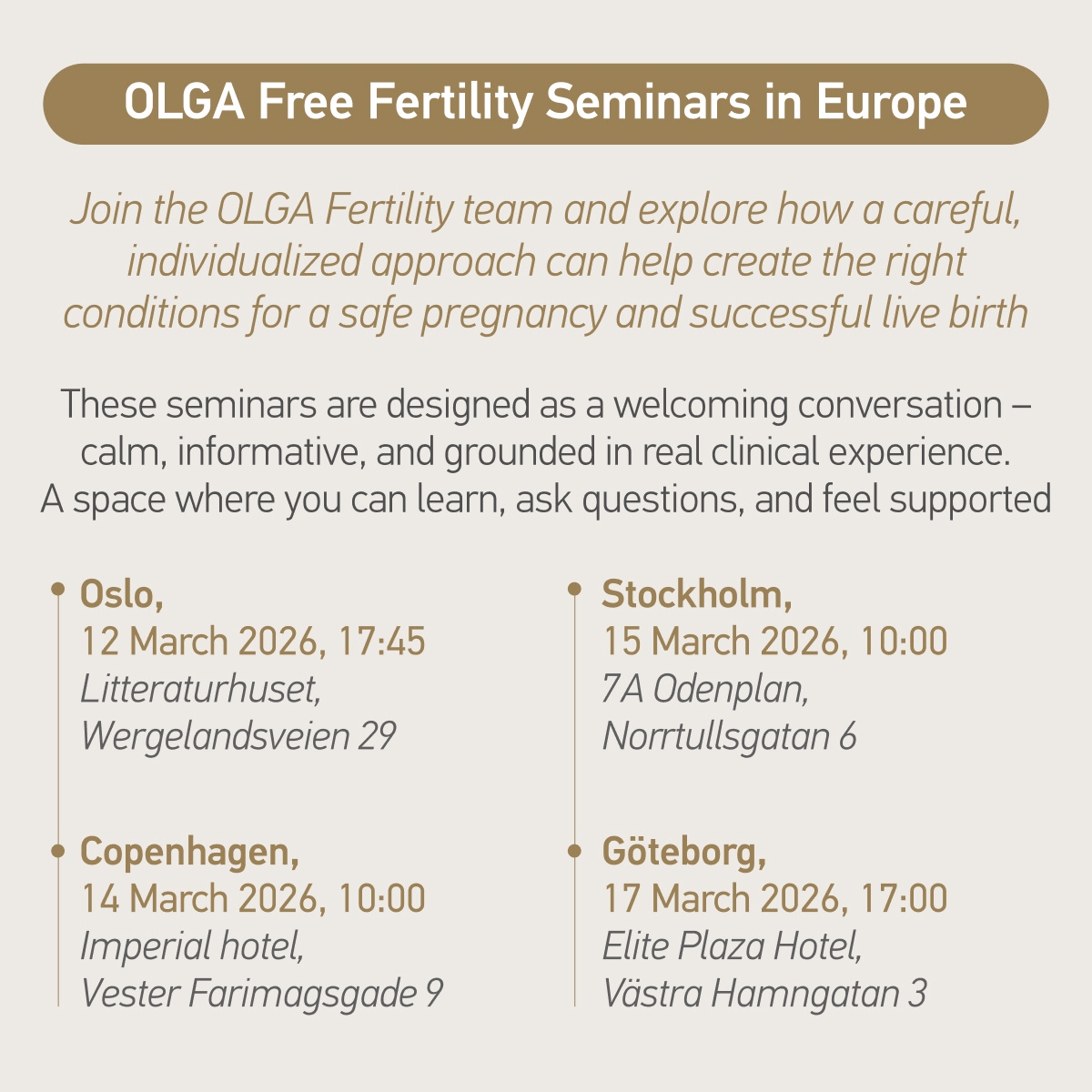



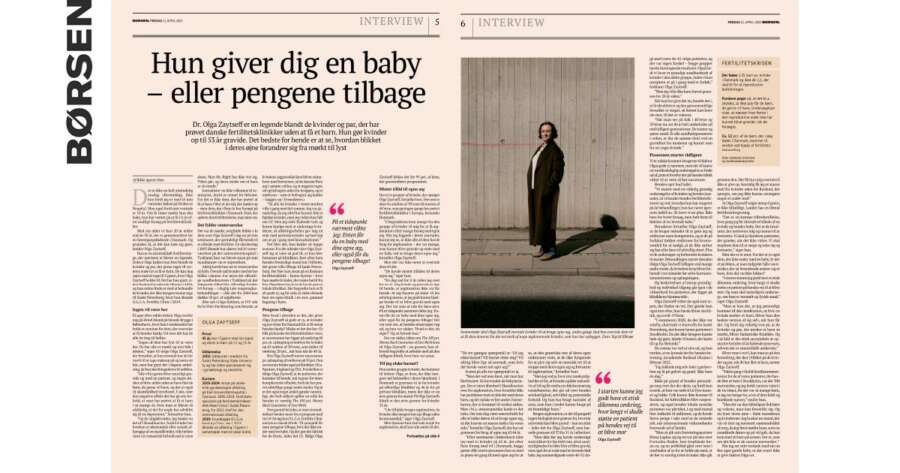
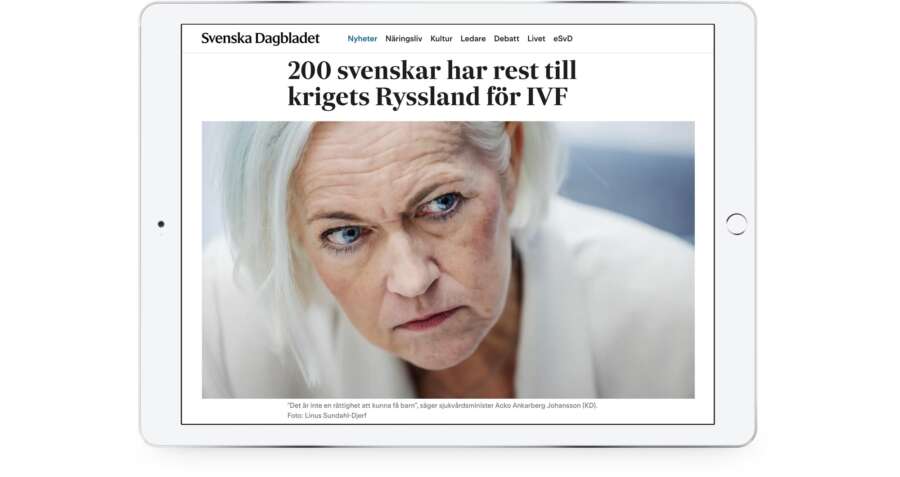

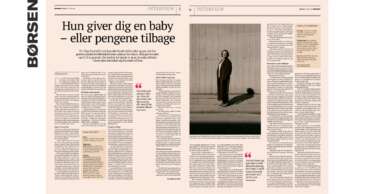
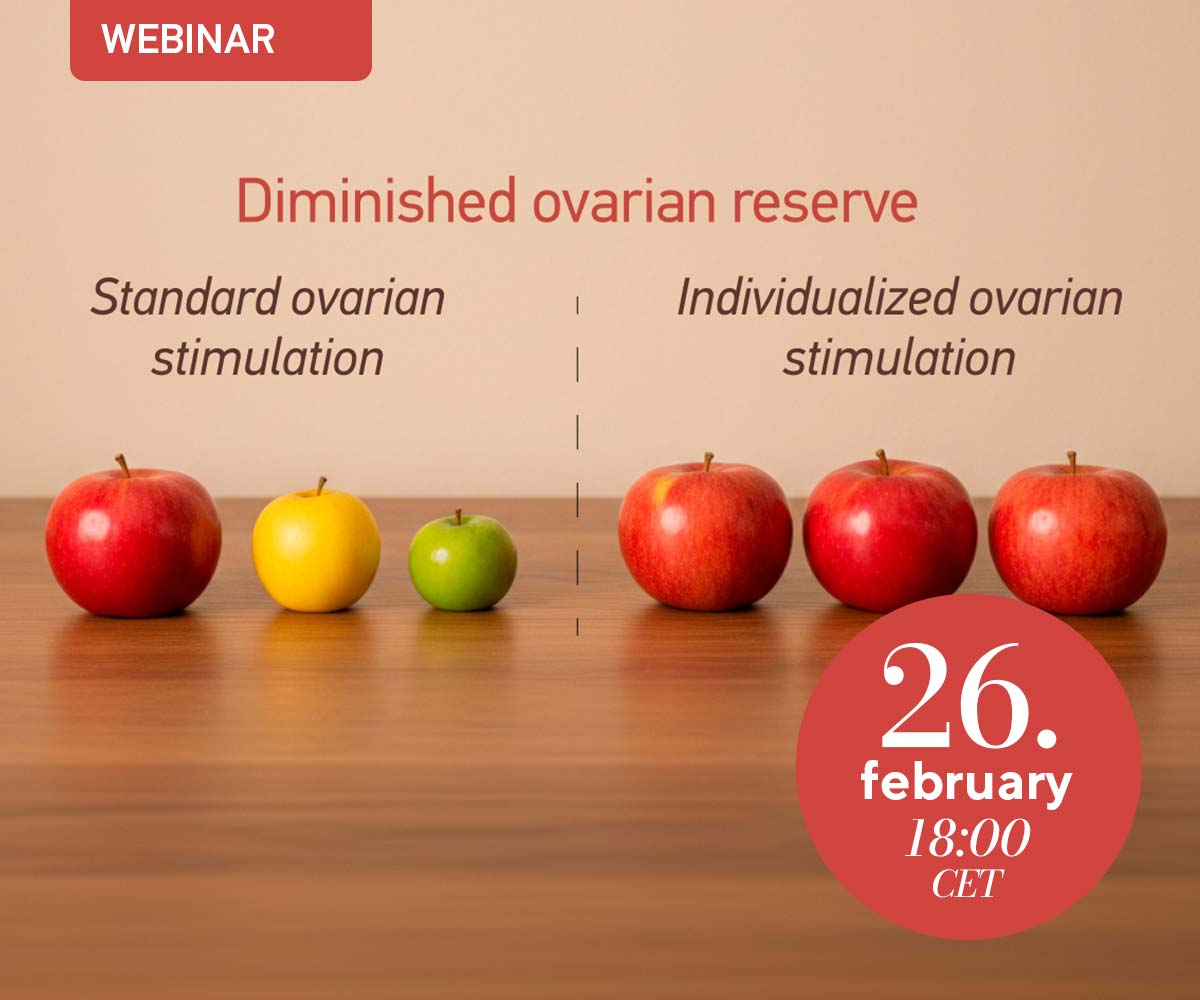
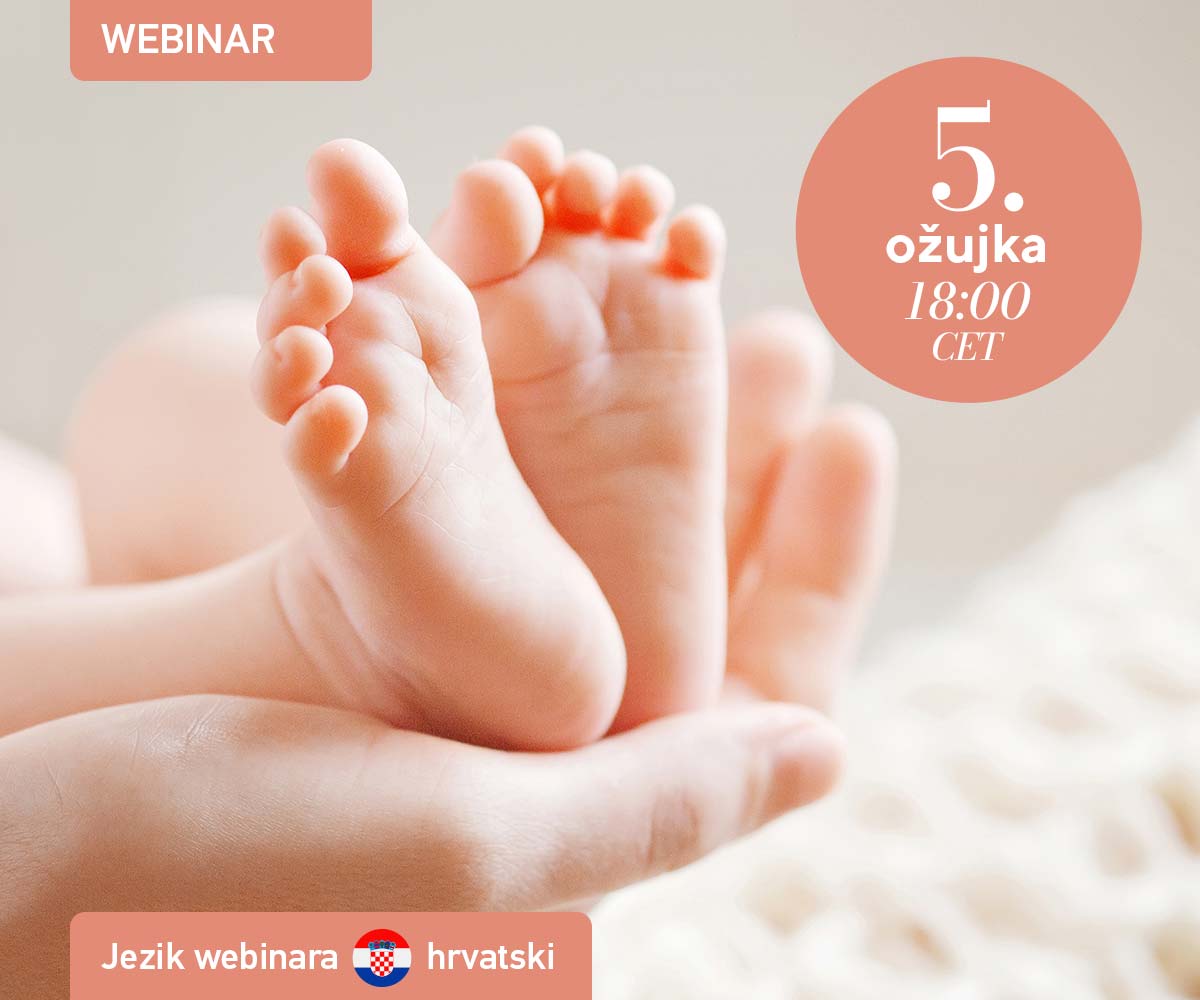
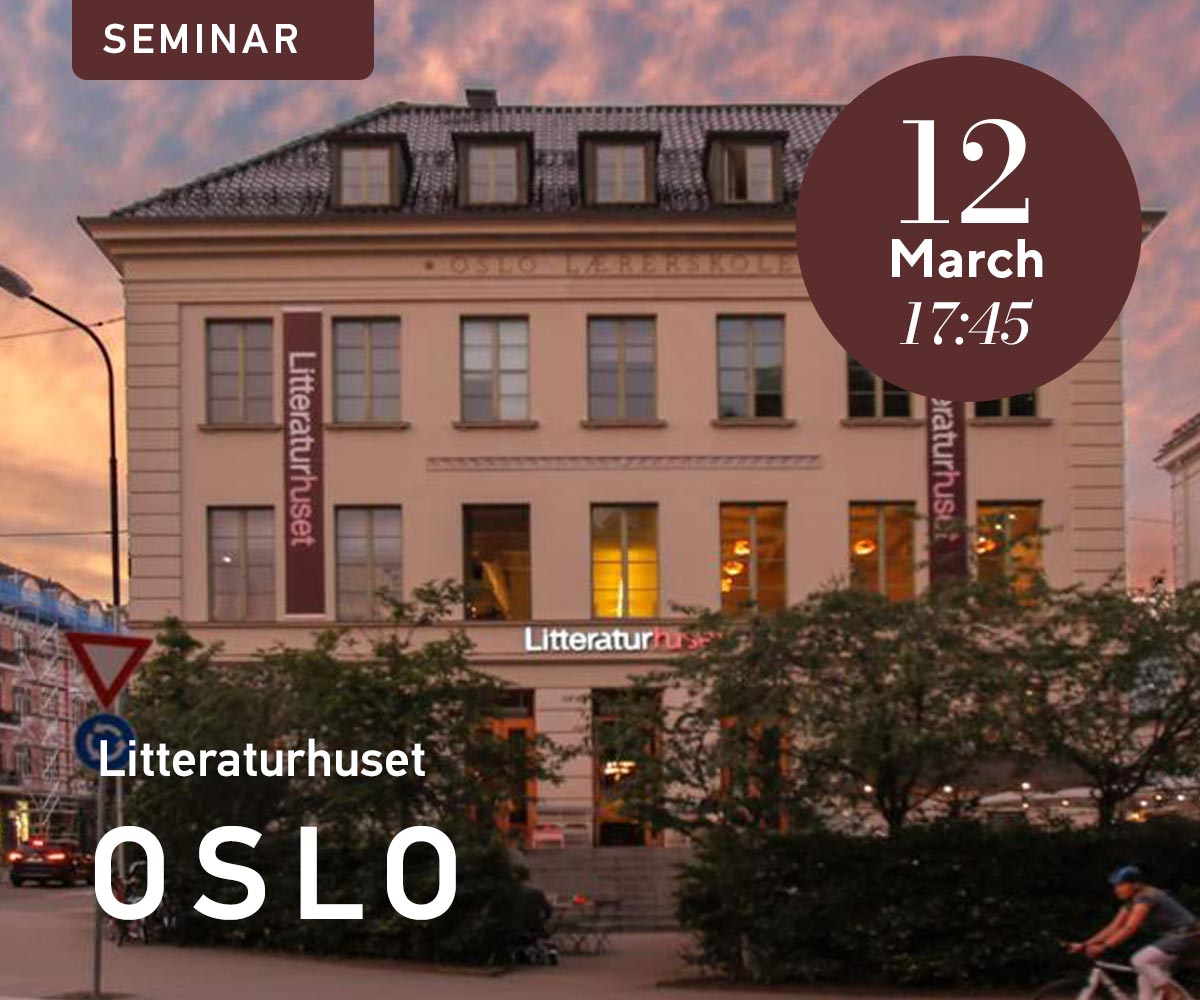
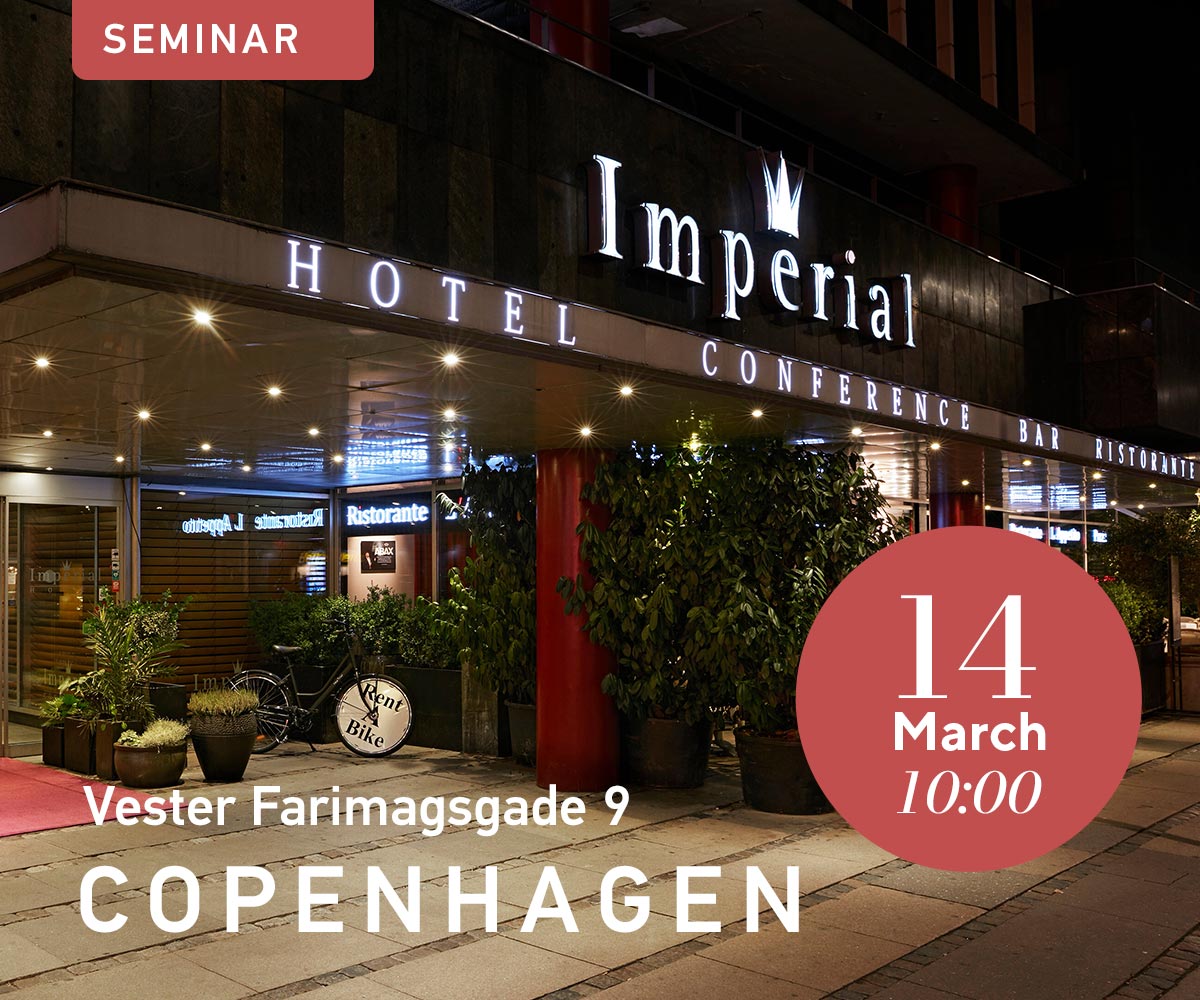
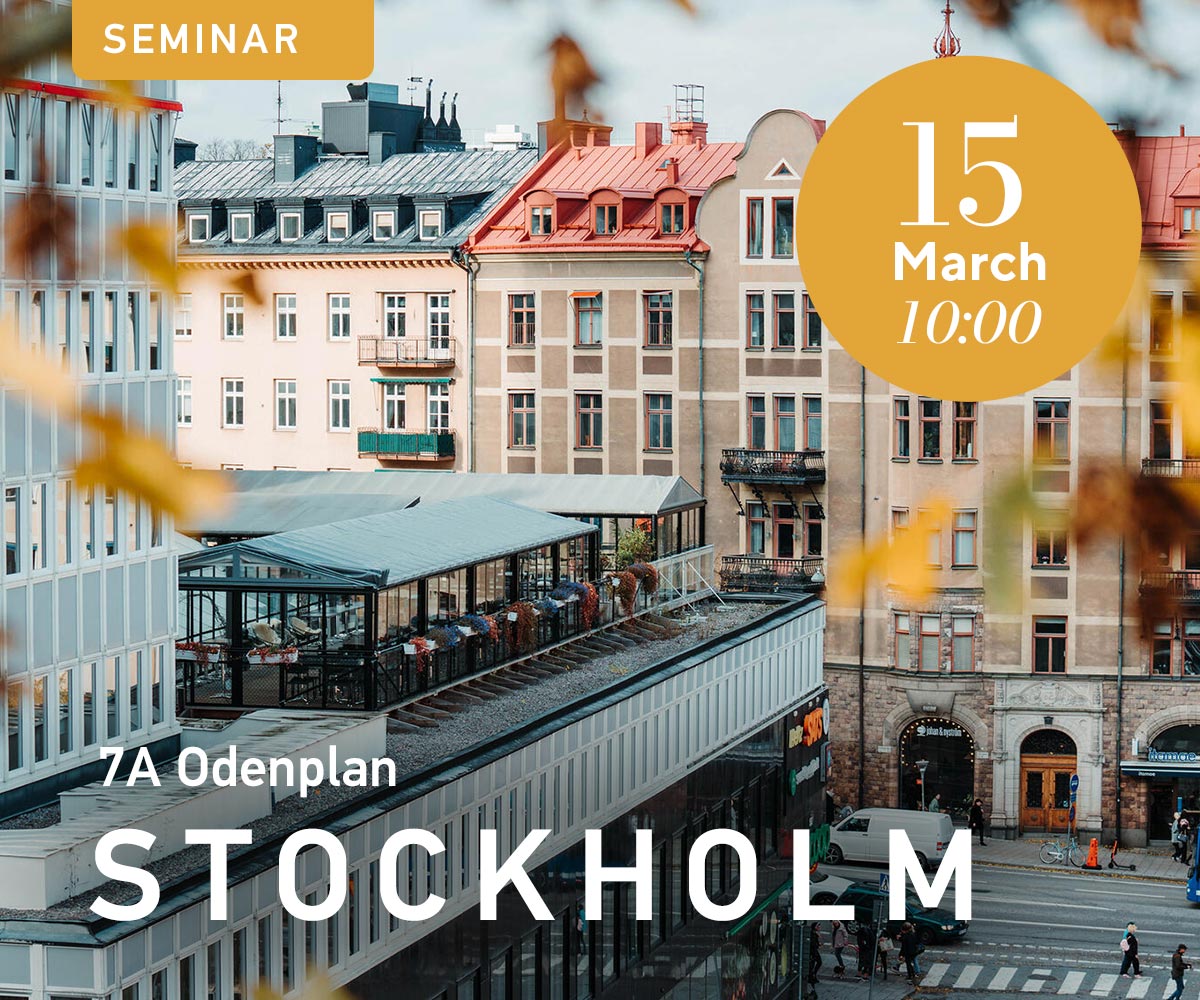
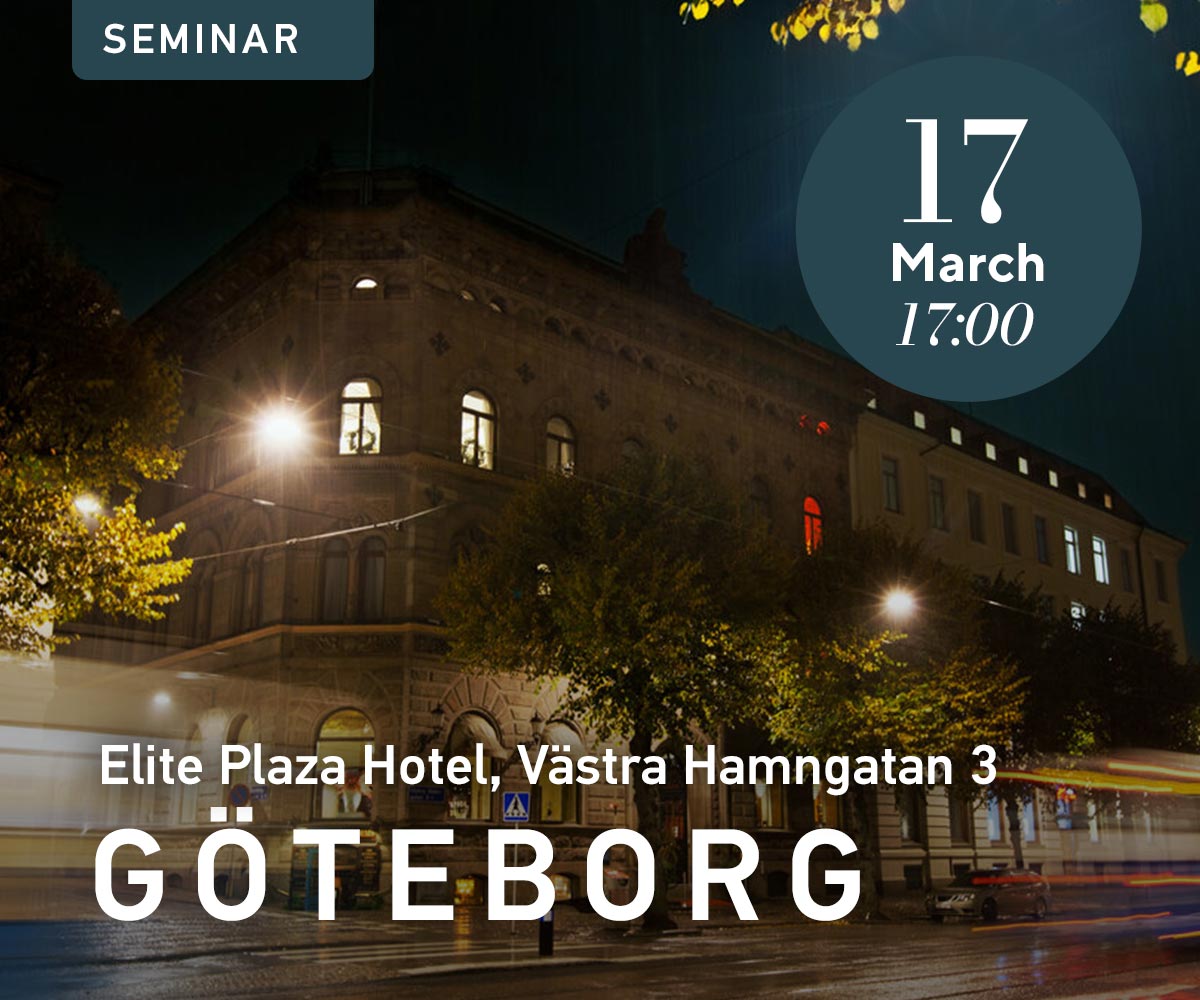
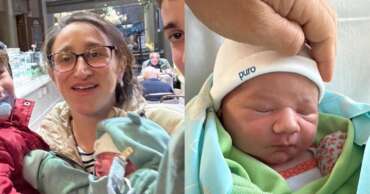
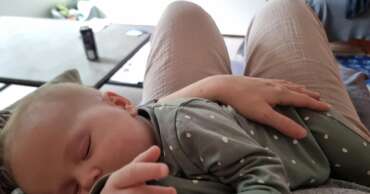
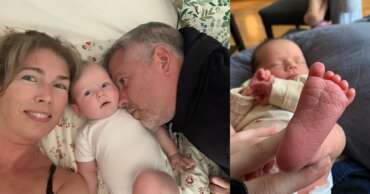
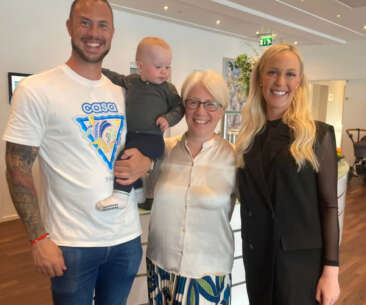
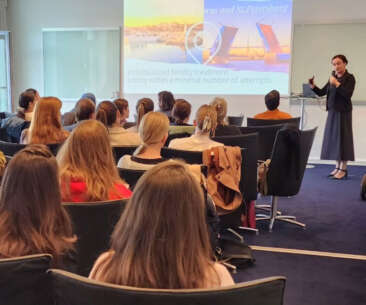
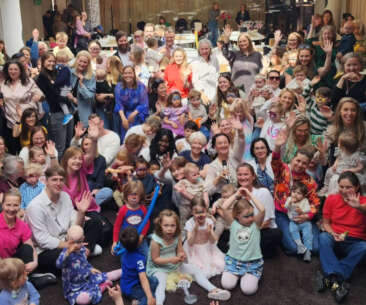
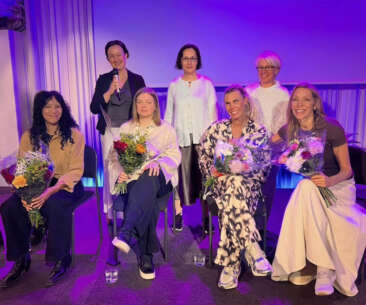
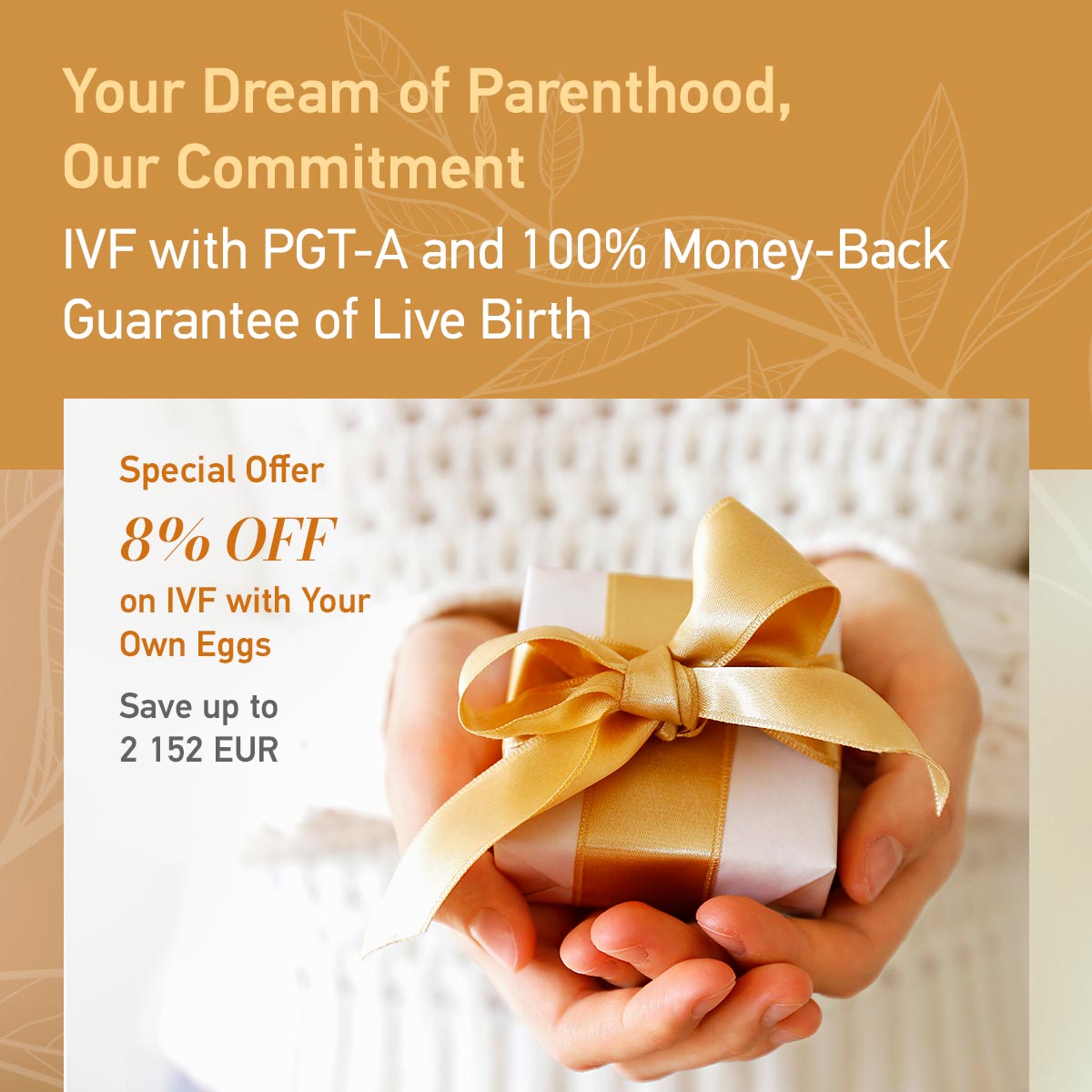
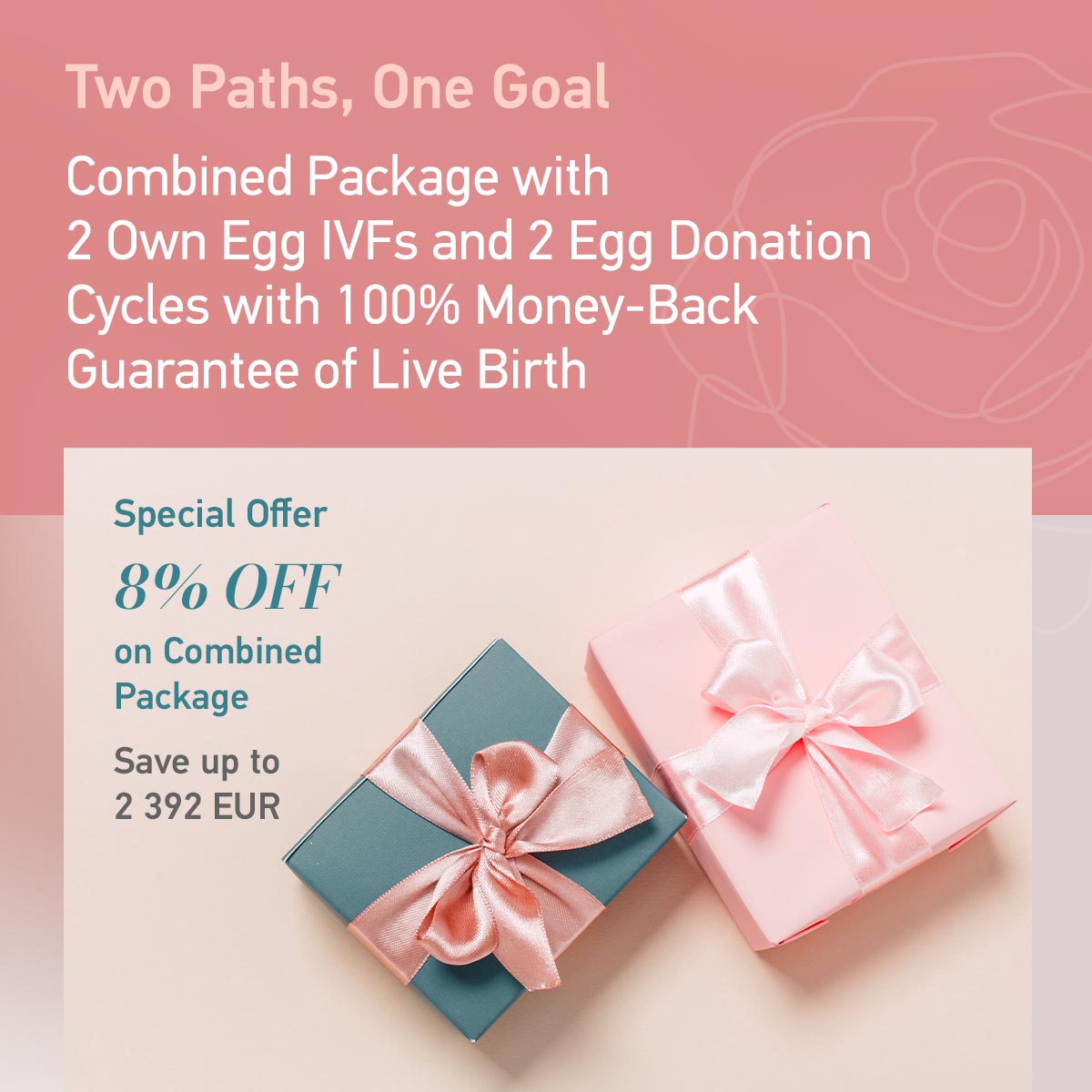
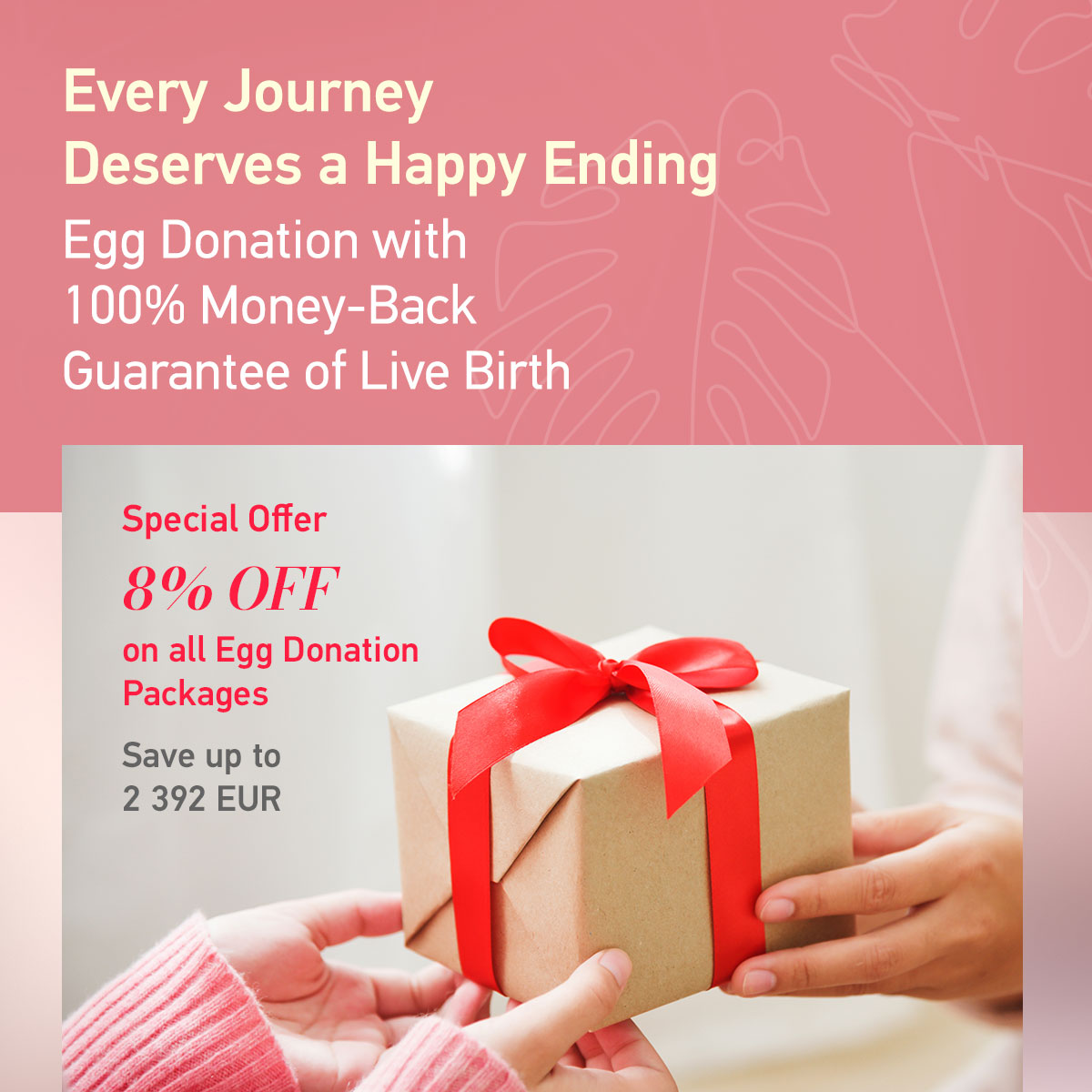



Comments are closed.